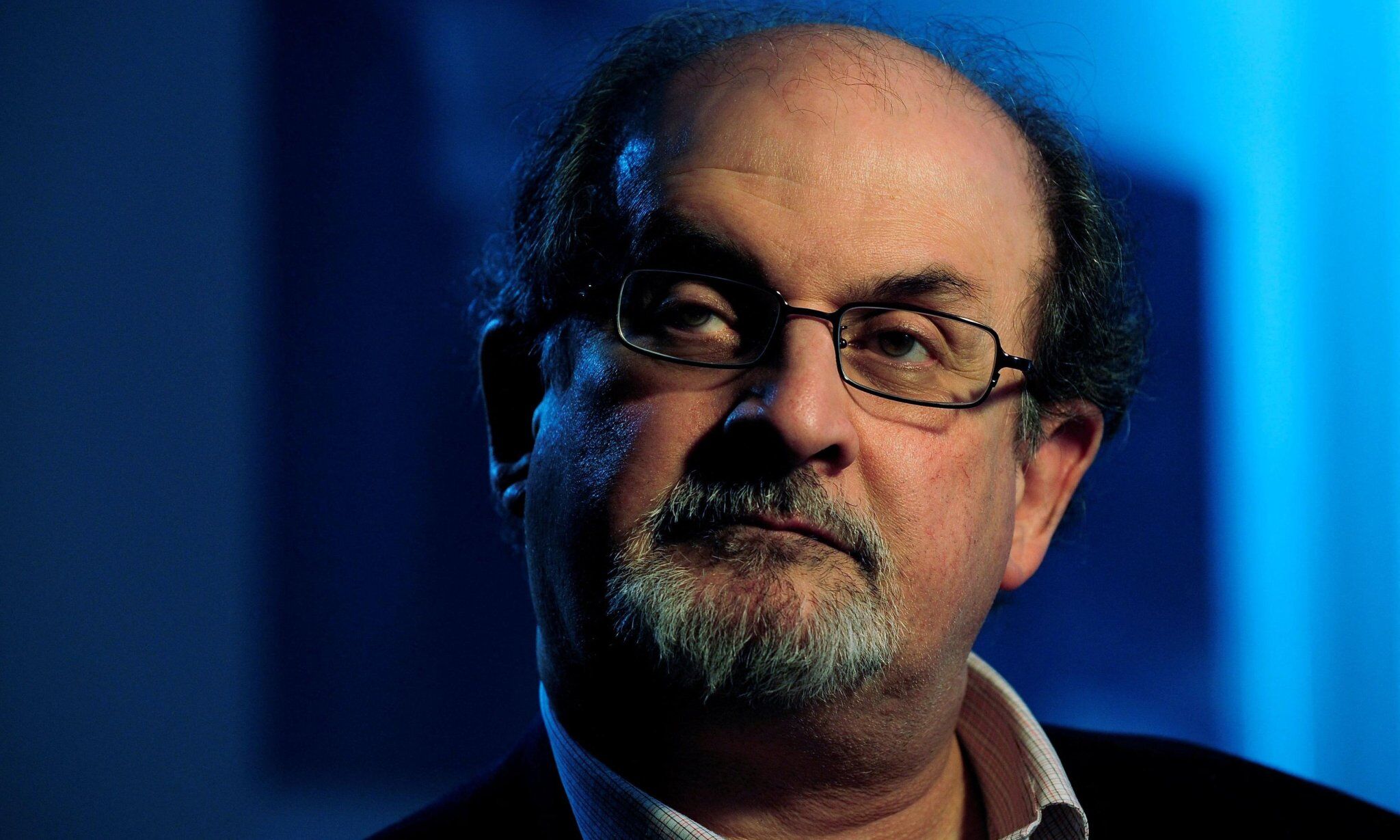A threatening cowardice

The pen is mightier than the sword, it is said, and this comparative might was evidently explicit when Mumbai-born Salman Rushdie was cowardly attacked by a 24-year-old man at Chautauqua Institution in New York. Of all the weapons in the world, truthful words are the envy of the remaining others. It is true that Rushdie has suffered great physical harm due to the assault but wasn't he ready to pay this price — for decades? Rushdie, through his writings, has himself created a possibility of being targeted, assaulted and attacked over decades. With a sense of conviction regarding the power of the words he pens down, the writer is more or less in control of the situation. Those who decide to issue a fatwa against him, and try to harm him physically, are merely reactionary in their approach — they act in a manner Rushdie drives them to do. While there is no doubt that the expression of truth is the strongest weapon of all, there is an ever-increasing urge to protect the life and dignity of truth seekers who risk their all in the grand pursuit. The Chautauqua Institution attack is an indication that safe spaces for writers are shrinking. Ironically, the institution has been considered an "extremely safe" and "tranquil" space where literary masters from across the globe engage in civil dialogue on religious, social and political issues. That Rushdie was not safe in this extremely safe institution is worrying; more so because the threat came from a man bearing the semblance of a commoner. Gone are the days when only those in power feared the truth being spoken. Gone are the days when it took a state to censor the works of a writer or a journalist. The plague has entered deeply divided societies on the lines of religion, politics and whatnot. The censor today is very much around us. In fact, among us. The physical attack on Salman Rushdie is a threat to the entire open society that seeks to uphold the freedom of speech and expression in the true sense of the term. While condemning the attack and wishing the writer a speedy recovery, PEN International said that "no one should be targeted, let alone attacked, for peacefully expressing their views." Taslima Nasreen, a Bangladeshi literary writer who had to leave her country of origin due to internal threats, said "He (Salman Rushdie) has been living in the West, and he has been protected since 1989. If he is attacked, anyone who is critical of Islam can be attacked. I am worried." In fact, the entire literary writers' community, especially those who have earned fame for questioning regressive notions and realities, need to be worried and find a way out to tackle the threats inflicted upon the freedom of speech and expression. In the modern past, copies of printed matters were seized and pre-censors were imposed. Even under most repressive regimes, journalists and writers were detained for long durations. Recently, in India and other countries, "draconian laws" like sedition and official secrets are being deployed regularly to limit freedom of expression. Incidents of the killing of journalists by powerful entities are also increasing by the day. What is changing fast in today's scenario is that now citizens can be pitted against citizens. The emergence of new and powerful communication tools has allowed hitherto deprived masses to express and disseminate their views and opinions to wider audiences. But it has also given those in positions of power to generate a herd of people — through efficient communication — who can almost blindly follow them. Any politically or religiously sensitive incident, even though it involves extreme consequences, is very likely to divide netizens, at first, and citizens, subsequently. It lends a sort of social recognition to acts that should not be part of society. Also, such incidents even extrapolate moderate minds to take extreme actions. One may argue that the safety of Salman Rushdie could have been ensured if there were tighter security checks at Chautauqua Institution. It is true. But it is truer that threats to freedom of speech and expression, and to those who stand up to uphold it, are more complex than they had been a couple of decades back. It is important to understand the complexities of interaction between the state, religion, politics and the new communication landscape to prevent such threats. As for now, one hopes for Salman Rushdie's speedy recovery with less permanent physical harm. As India celebrates 75th Independence Day, the attack on Rushdie in New York is a reminder that more needs to be done to ensure we keep cherishing the fruits of freedom.



